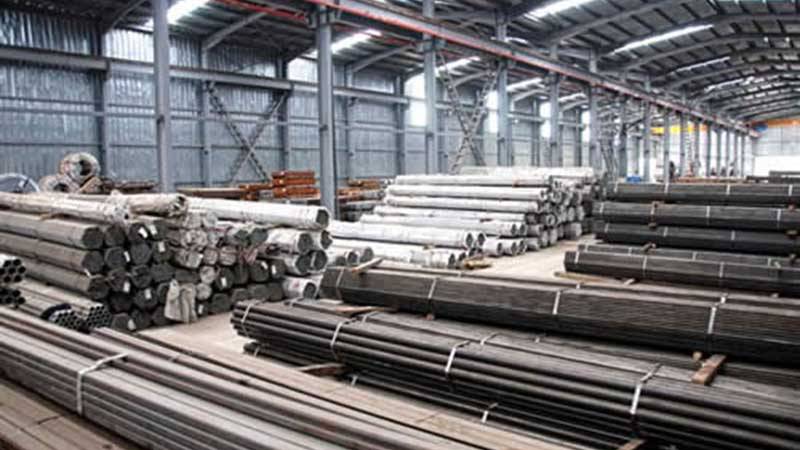Unsold Goods Surge 357.6% To N1.24trn In H1’24 – MAN
The declining purchasing power of consumers led to a 357.57 percent surge in the inventory of unsold finished products of manufacturers in Nigeria to N1.24 trillion in the second half of 2024 (H1’24) compared to N271 billion recorded in the same period last year (H1’23).
In the report, MAN attributed the “alarming increase” to declining consumer purchasing power due to escalating inflation, subsidy removal, and the devaluation of the naira.
“The inventory of unsold finished products in the manufacturing sector surged by 357.57 percent year-on-year, reaching N1.24 trillion in H1 2024.
“The high levels of unsold inventories reflect the challenges faced by consumers and the need for interventions to stimulate demand and improve the sector’s performance,” it stated.
The report also lamented that the over 200 percent increase in electricity tariffs imposed by DisCos significantly raised the cost of electricity for manufacturers.
This, according to MAN, coupled with ongoing power outages, placed additional financial strain on the sector, forcing them to seek expensive alternative power sources.
“The cost of providing alternative power continued to rise, with manufacturers spending N238.31 billion on alternative energy sources in H1 2024, a 7.69 percent increase from H2 2023.
“The surge in costs was driven by higher prices for diesel, gas, and other energy sources, as well as the need for manufacturers to invest in self-energy generation due to unreliable power supply from the national grid,” the report added.
MAN, however, noted that there was a 2.8 percentage point increase in the capacity utilisation in the sector to H1’24 compared to H2’23, reflecting some recovery.
However, MAN noted that investment in the manufacturing sector rose to N250.13 billion in H1’24, a 29.63 percent year-on-year increase, mainly due to the depreciation of the naira, which inflated the cost of importing machinery and other essential assets.
Commenting on the report, Director General of MAN, Segun Ajayi-Kadir, said: “H1’24 was marked by significant challenges for Nigeria’s manufacturing sector, including high operational costs, declining consumer demand, and rising inflation. While some sectors showed resilience and growth, others struggled with declining production values, rising inventories, and reduced employment.
“The report underscores the urgent need for Nigeria to implement decisive and coherent economic reforms to address these challenges.”





